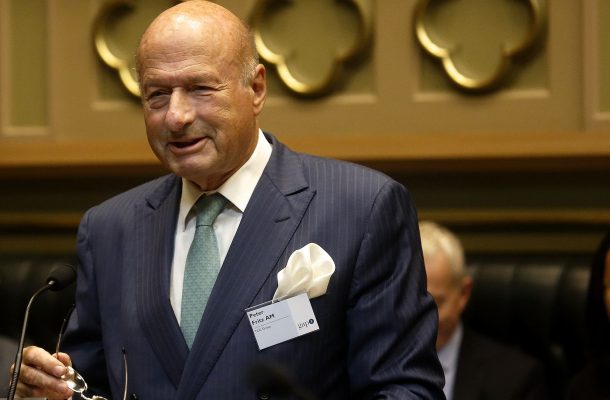Understanding people is the key to complex problem solving

The increasing complexity of contemporary issues is outstripping the ability of traditional methods to comprehend, let along control, them. A new journal aims to leverage insights from behavioural economics to help solve the most pressing challenges facing the world today.
The Journal of Behavioural Economics and Social Systems (BESS) will play an important role in Australia’s political landscape by leveraging the insights of behavioural economics to promote positive policy implementation and enduring social change.
Daniel Kahneman reinvigorated the once ‘dismal science’ of economics by investigating how real people make choices in their day-to-day lives. I believe this approach can be applied more broadly to improve the delivery of programmes and policies whose implementation has fallen short of expectations.
The modern world is a complex web of relationships and interactions, in which co-existing silos of academic study can no longer produce answers of universal utility. BESS is therefore proudly multidisciplinary, welcoming research from a range of related areas and the practitioners who put these ideas to work for the public good.
More than merely disseminating theoretical knowledge, this Journal will showcase and promote effective solutions for the most pressing problems of today. BESS is a practical journal whose articles will not only explain our thinking process when making individual decisions, but how these interact in the social fabric of our communities.
It will appeal to decision makers in government, industry, and consulting, as well as academics, by offering ways to implement these behavioural insights in their professional and personal lives.
Most importantly, as well as helping us make more rational choices – and understand our more irrational mistakes. BESS’s focus on behavioural economics can help the most vulnerable and disadvantaged in our society build a brighter future for themselves.
Over the last twenty years Global Access Partners has produced innovative solutions to ‘wicked problems’ and become a well-respected catalyst for policy implementation and economic endeavour.
It has carved a unique niche in Australian public life by focusing on the practical application of known and new knowledge, and BESS is another step towards its vision of a better Australia.
GAP’s ‘Second Track’ approach encourages individual creativity and communal engagement, unconstrained by political or corporate considerations which inhibit official ‘first track’ interactions, and the wider application of this approach will be a major stand of work in future editions.
Just as GAP has fostered social change and political progress by applying the ‘Second Track’ of informal diplomacy to the domestic policy sphere, it will now use the insights of behavioural economics to encourage the wider adoption of its recommendations among policy makers and the public.
I would like to thank everyone involved in the production of this inaugural edition for their energy, enthusiasm and commitment. I call on the wider academic community to embrace the Journal in the same spirit and use it as a vehicle for disseminating new ideas in behavioural economics and social systems to benefit us all.

Peter Fritz AO is Chairman of Global Access Partners and Group Managing Director of TCG. He chairs a number of influential government and private enterprise boards and represented Australia on the OECD Small and Medium Size Enterprise Committee.











